Social Influence on Brain and Socioemotional development Lab
Research
Current Studies
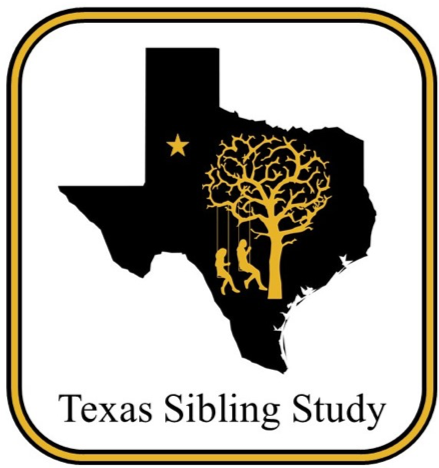
Texas Sibling Study
The Texas Sibling Study is a longitudinal study that investigates how siblings influence one another across the adolescent years. Families including an adolescent entering 8th grade, an older sibling within 4 years of age, and a parent will visit us to complete brain scans, video-taped interaction tasks, and questionnaires. The goal of the study is to understand how family processes affect adolescent brain, behavior, and experiences, as well as to identify factors that promote positive youth development. We are excited to announce that we completed our first session with 51 families and are continuing our second session with most of our families. We appreciate all of our participants for their time and engagement!
Completed Studies
SONA: Sibling Relations in Emerging Adults
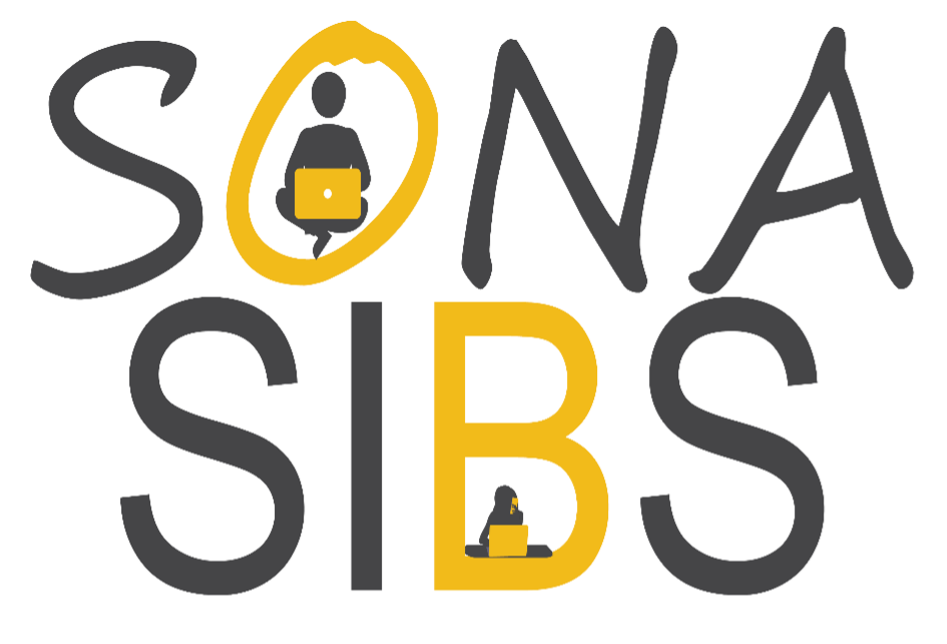
SONA SIBS (sibling interactions and behavior study) is a longitudinal study that examines sibling interactions and associated mental health in college students. Students at TTU were recruited to complete online surveys to explore sibling relations and possible associations with their mental health in college. As influences in psychosocial development are not well understood on emerging adult mental health, the goal of the study is to better understand longitudinal changes in sibling interactions, closeness, and respective mental health throughout emerging adulthood.
Funding sources: CH Foundation; Texas Tech University Office of Diversity, Equity & Inclusion; and the Graduate School: 2020-2021 Graduate Student Research Support Grant.
Leveling Up: In-Person Role-Playing-Games and Psychosocial Correlates Study
Leveling up was a survey-based longitudinal study which began in spring of 2020. The initial survey investigated the contexts in which individuals play in-person role-playing games (IPRPGs), such as Dungeons and Dragons, and how they may serve as positive assets to psychosocial well-being (i.e., self-concept and social competence). The study has completed initial data collection, comprising of survey responses from 65 individuals aged 18 – 30. The first survey collected information about past and present involvement in IPRPGs, motivations for play, and perceived benefits from play. The second and third surveys (spring 2021 & spring 2022 respectively) reexamined these concepts to provide a view of these games' impact on individual outcomes over time. The second and third surveys also collected information on COVID-19's impact on individuals and their gaming communities and will seek to determine if and to what degree IPRPGs may insulate individuals from some of the negative impacts of the COVID-19 pandemic.
Funding sources: College of Human Sciences: 2019-2020 Undergraduate Research Experience Grant; Texas Tech University Office of Parent and Family Relations, Graduate Assembly, & Graduate School: 2020-2021 Graduate Student Research Support Grant.
Physician Assistant Motivation and Satisfaction Study
The Physician Assistant Motivation and Satisfaction study (PAMS) investigated physician assistants (PAs) career motivation and satisfaction following the onset of COVID-19. In spring 2022, the project focused on PAs who have worked in family medicine for at least three years. Participants completed qualitative interviews to assess their initial motivation to pursue the PA career and the impact of COVID-19 on PA job motivation and satisfaction. As PAs are often excluded from studies examining the impact of COVID-19, this study provides empirically-based information to educate and train pre-PA students and provide strategies for navigating the impact of COVID-19 on physician assistants.
Funding sources: Sarah Kulkofsky Research Scholarship; TrUE Undergraduate Project Funding Award; College of Human Sciences Undergraduate Research Experience Award.
Resilient Families Study
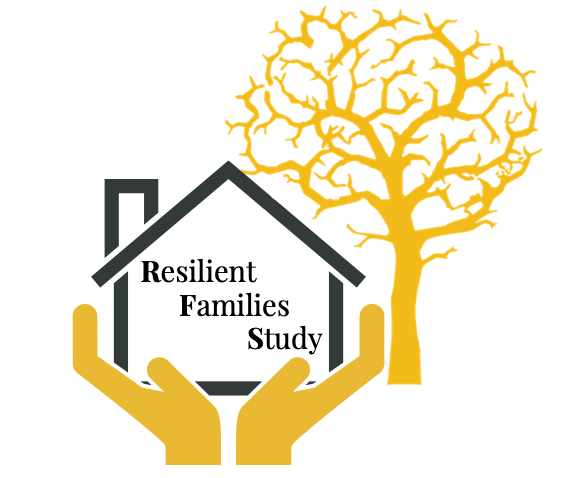
The Resilient Families Study is a longitudinal study which examines the well-being of parents and their adolescent children during the COVID-19 pandemic. Parents/guardians of 7th and 8th grade children completed two surveys during the fall semester of 2020. The goal of this study is to better understand how families navigate the stressors associated with the COVID-19 pandemic, and which resiliency factors promote their mental and physical health, as well positive adolescent development.
Addiction Recovery and Sibling Relations Study
The Addiction Recovery and Sibling Relations Study is a cross sequential study that investigates the role of sibling relationships in the addiction recovery process of young adults. Sibling relationships benefit young adults by aiding in competence, self-esteem levels, and lowering the chances of risk-taking behaviors. Participants will complete anonymous questionnaires on addiction and recovery experiences, as well as perceptions of sibling relationships. The goal of the study is to evaluate the social impacts family members have on each other to provide information on one's ability to overcome obstacles and promote recovery.
Funding sources: College of Human Sciences: 2019-2020 Undergraduate Research Experience Grant and Center for Collegiate Recovery Communities at Texas Tech.
Carolina Sibling Study
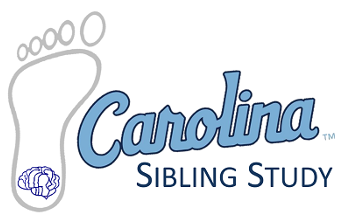
The Carolina Sibling Study was a 2-year longitudinal study that investigated how siblings influence brain and behavior across the teenage years. A total of 45 families participated including an adolescent 11-13 years old, an older sibling within 4 years of age, and a parent. Adolescents completed a brain scan, computer tasks, video-taped interaction tasks, and questionnaires, as well as provided anthropometric measurements (e.g., hair sample). Parents also completed questionnaires. The goal of the study was to understand how social learning between siblings, as well as their similarities/differences in brain, behavior, and experiences, promotes positive adolescent development.
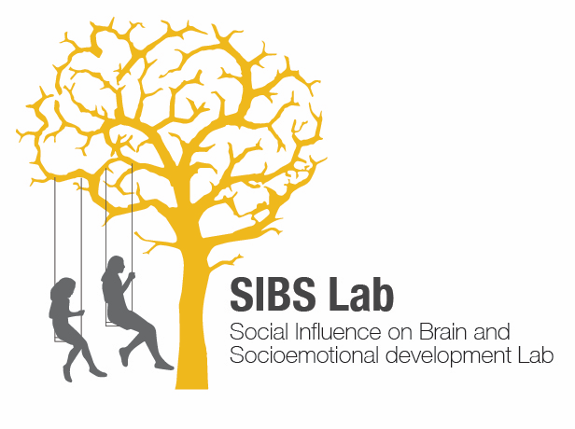
SIBS Lab
Human Development and Family Sciences
-
Address
Texas Tech University, P.O. Box 41230, Lubbock, TX 79409-1230 -
Phone
806.742.3000 -
Email
hs.webmaster@ttu.edu
